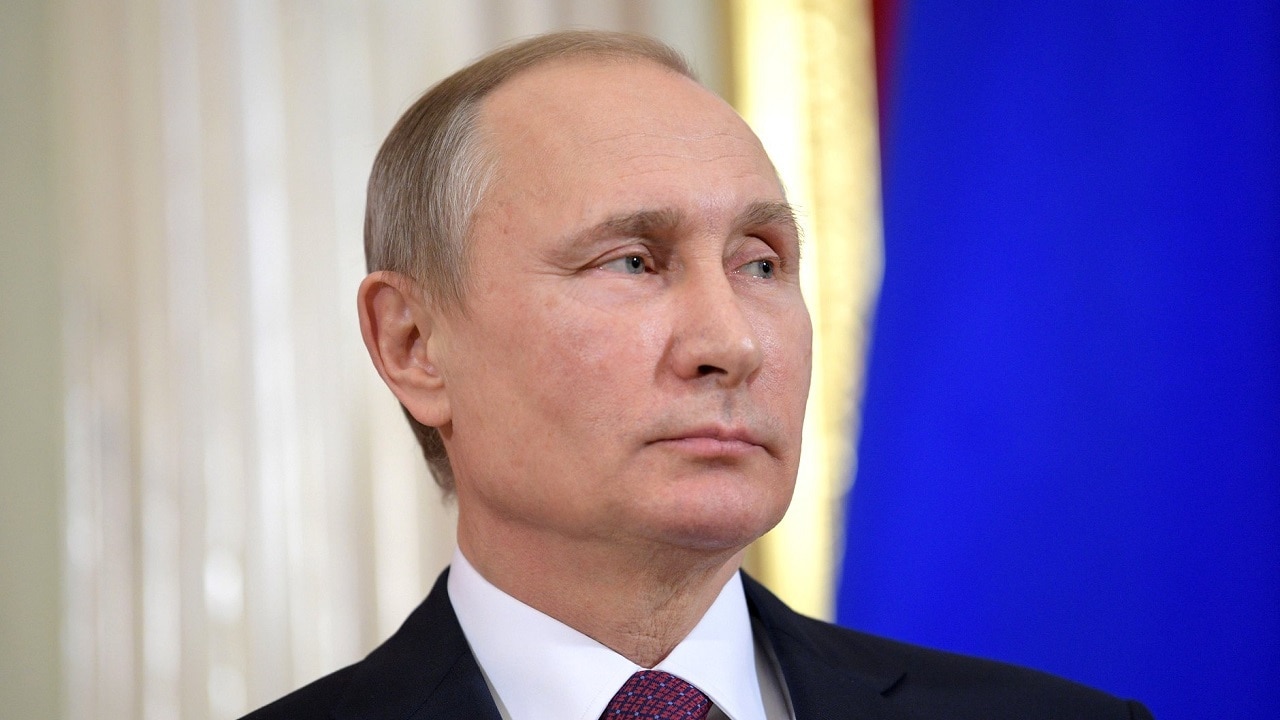In dire need of more men to feed the invasion of Ukraine, the Kremlin has announced emergency measures to generate more forces.
The Russian Duma has voted to raise the top conscription age for all Russian males.
Beginning in 2024, the Russian military will call up all Russian males between the ages of 18 to 30—right now, the military conscription age is 18 to 27.
Calling Up Conscripts
On Tuesday, Russian lawmakers voted to raise the age for military conscription.
The Russian Federation Council, the upper house of the Russian parliament, still needs to approve the law. However, Valentina Matvienko, its speaker, has already signaled that all Russian lawmakers would support the draft law.
Once it has passed through the Russian Duma, the law would go to the Kremlin and to Russian President Vladimir Putin to be signed into law.
At the onset of the “special military operation,” the Russian Ministry of Defense stated that there were no conscripts fighting in Ukraine. That has changed, and thousands of conscripts have fought and died in Ukraine.
With this law, the Kremlin expects the war to last way into next year and is creating the conditions for a military reserve that can sustain it. The Russian Ministry of Defense has also announced plans to enlarge the armed forces, but that scheme is getting frustrated by the extremely high casualties on the ground in Ukraine.
Russian Force Generation Woes
The Russian military has been suffering from force generation issues since the first months of the war.
Moscow initially planned for a quick operation that would last between three days and two weeks. More than 17 months later, it is evident that the intelligence estimates that influenced Putin’s decision to invade were way off. The Russian military wasn’t ready for a long campaign of high intensity nor for the concomitant casualties.
The Ukrainian Ministry of Defense claims to have killed or wounded more than 240,000 Russian troops—Western intelligence services generally corroborate that number in their assessments.
As a result of the high casualties and poor operational planning, the Russian military started having force generation problems. In September, Putin ordered a partial mobilization and called up 300,000 reservists. In addition, the Kremlin gave the Wanger Group private military company the green light to recruit from Russia’s vast penal colonies. In exchange for six months of service in Ukraine, the infamous mercenary group promised freedom – if they could stay alive – to tens of thousands of Russian convicts.
Despite the influx of close to 400,000 men, Russian forces failed to achieve anything significant on the ground during the large-scale offensive operation in the winter and spring. Russian commanders sent tens of thousands of troops to their death in exchange for only the capture of the ruined town of Bakhmut in May after months of fighting.
The Ukrainian counteroffensive that began in June is already stretching the Russian forces to the limit. As evidenced by the upcoming change in the Russian military conscription system, Putin and his Kremlin advisers evidently believe that the Russian military will hold its ground and that the war will go on.
A 19FortyFive Defense and National Security Columnist, Stavros Atlamazoglou is a seasoned defense journalist specializing in special operations, a Hellenic Army veteran (national service with the 575th Marine Battalion and Army HQ), and a Johns Hopkins University graduate. His work has been featured in Business Insider, Sandboxx, and SOFREP.
From 19FortyFive

